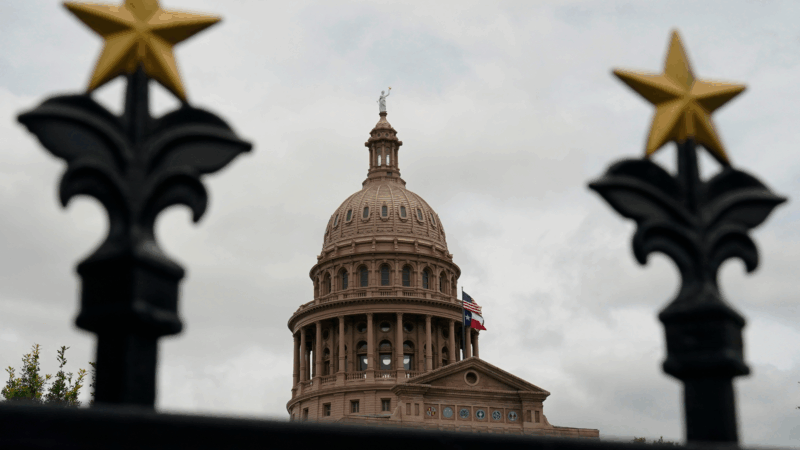U.S. strikes on Iranian nuclear sites show no sign of widespread environmental impact
Loading…
Iranian authorities are reporting no signs of off-site radiation or contamination in the wake of U.S. attacks on three of the country’s nuclear sites.
That’s according to a statement put out by the International Atomic Energy Agency on Sunday. Rafael Mariano Grossi, the agency’s Director General, said that “as of this time, we don’t expect that there will be any health consequences for people or the environment outside the targeted sites.”
“We will continue to monitor and assess the situation in Iran and provide further updates as additional information becomes available,” he added.
The three sites hit by U.S. bombs — Fordo, Isfahan, and Natanz — contained nuclear material in the form of uranium enriched to different levels, the agency said. At least, that’s the most recent information it had verified “before the attacks on Iran began on 13 June.”
The two major kinds of uranium isotopes found at this type of facility “are at the low end of hazard with regard to radioactive materials,” says Edwin Lyman, director of nuclear power safety at the Union of Concerned Scientists in Washington, D.C.
“So there’s not a significant, dire health threat if those materials got released to the environment,” he told NPR before the U. S. strikes.
What’s more, these facilities would have mostly been working with uranium in the form of a gas called uranium hexafluoride. The molecules of this gas are big and heavy. That means when a container that holds this gas gets ruptured, the gas doesn’t travel far through the air, according to Emily Caffrey, a health physics expert at the University of Alabama at Birmingham.
Earlier this month, when an attack by Israel damaged the aboveground portion of the Natanz Fuel Enrichment Plant, the level of radioactivity outside the site “remained unchanged and at normal levels, indicating no external radiological impact to the population or the environment from this event,” the IAEA reported.
Inside the site, however, there was “both radiological and chemical contamination.”
In the past, the IAEA’s Director General has voiced his opposition to military attacks on Iran’s nuclear sites, saying that “though they have not so far led to a radiological release affecting the public, there is a danger this could occur.”
Neighboring countries have been watching the situation closely, according to a statement put out by the government of Kuwait, which cited the Gulf Cooperation Council (GCC) as saying on Sunday that “no abnormal radiation levels have been detected in any of the member states.”
“Monitoring of the situation and its developments will continue through established surveillance and early warning systems,” the statement said, “and reports will be issued regularly.”
At a clown school near Paris, failure is the lesson
For decades, students at the Ecole Philippe Gaulier have been paying to bomb onstage. The goal isn't laughs — it's learning how to take the humiliation and keep going.
In the world’s driest desert, Chile freezes its future to protect plants
Tucked away in a remote desert town, a hidden vault safeguards Chile's most precious natural treasures. From long-forgotten flowers to endangered crops.
Iran’s supreme leader warns any US attack would spark ‘regional war’
Iran's supreme leader warned Sunday that any attack by the United States would spark a "regional war" in the Mideast, further escalating tensions as President Donald Trump has threatened to militarily strike the Islamic Republic.
Minnesota citizens detained by ICE are left rattled, even weeks later
The number of immigration agents in Minnesota may be reduced, but they'll leave leave behind a changed community, including many U.S. citizens questioned and detained in recent weeks.
Gaza border crossing buzzes with activity after years of near-complete closure
Reopening the border crossing is a key step as the Israel-Hamas ceasefire moves ahead.
Democrat Taylor Rehmet wins a reliably Republican Texas state Senate seat, stunning GOP
Democrat Taylor Rehmet won a special election for the Texas state Senate on Saturday, flipping a reliably Republican district that President Donald Trump won by 17 points in 2024.







